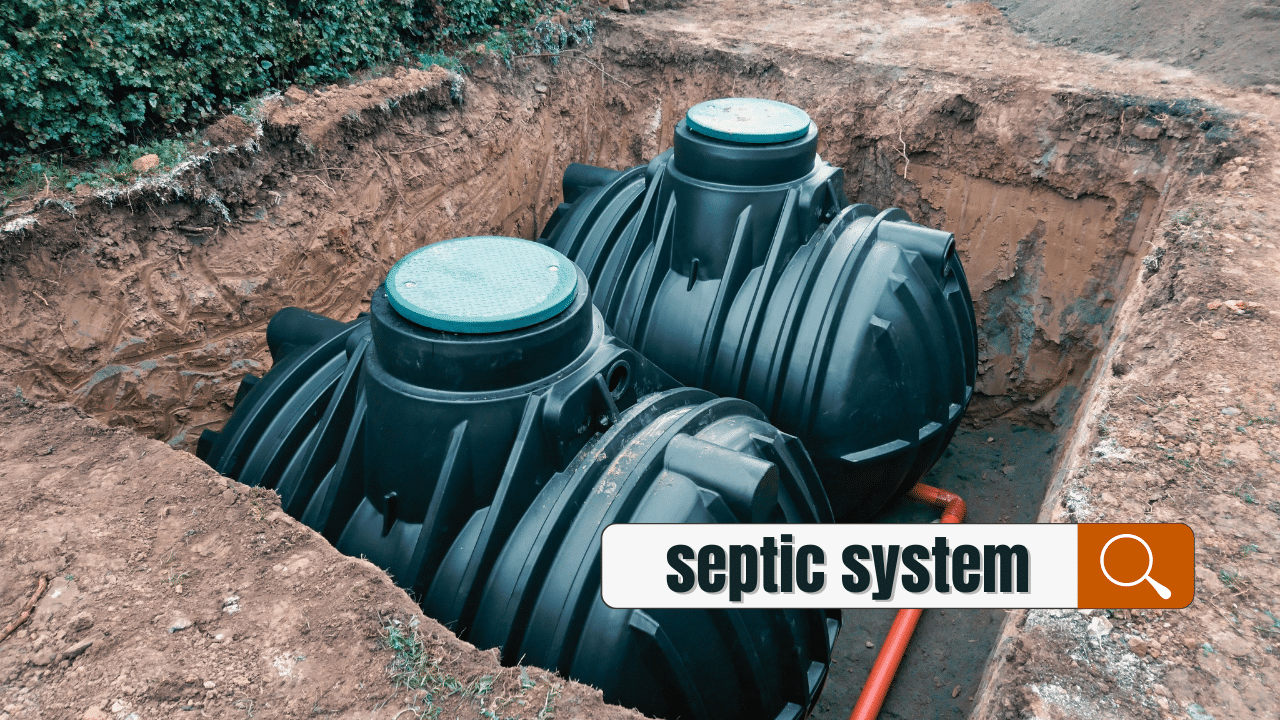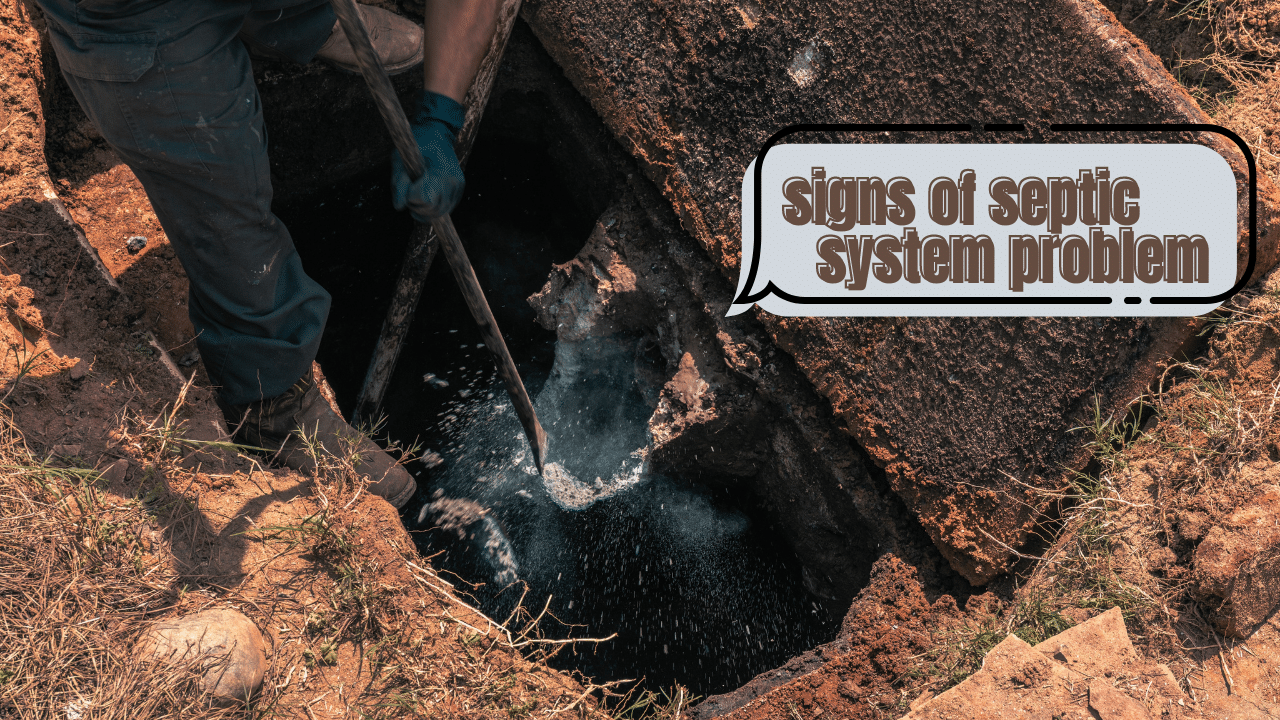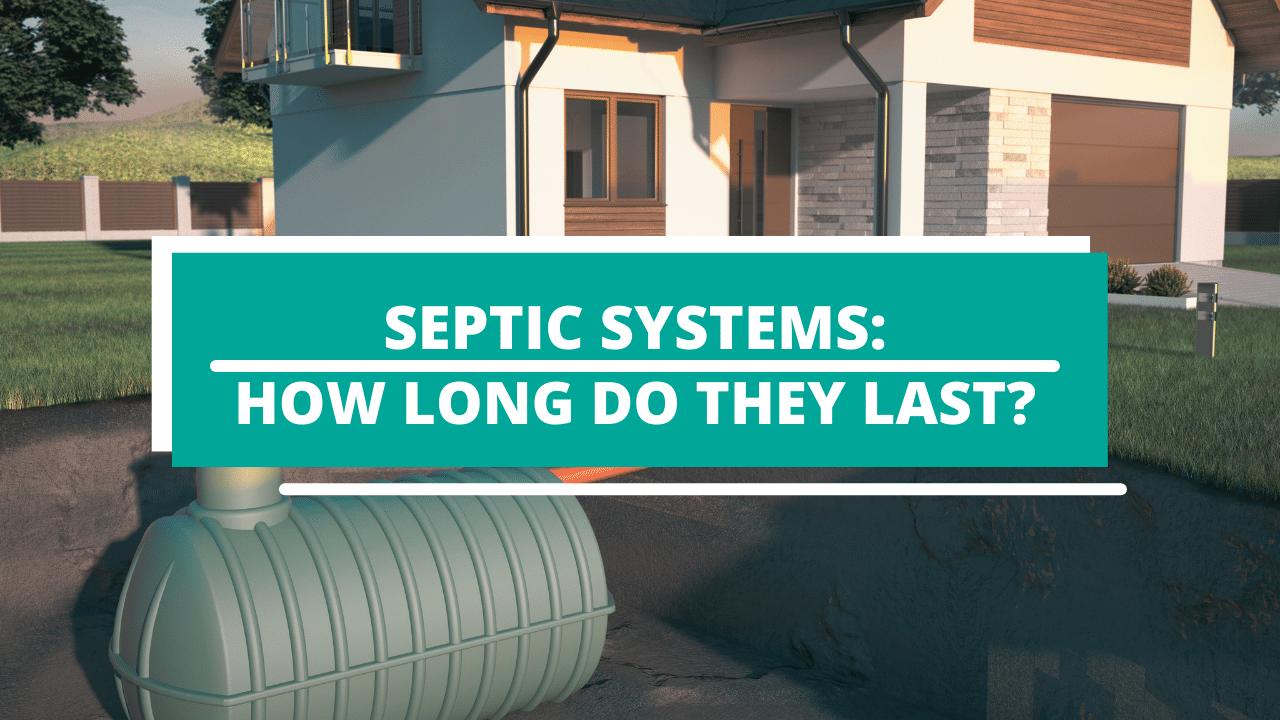Wondering how long septic systems last? Septic systems are made and designed to function for many years, but there are several factors that affect the longevity of your septic system. Maybe you cannot help but wonder how long will your septic system last, especially if you know that it has not received any form of maintenance work in decades.
The answer is a little complicated so we will keep things simple so you will really know how septic systems work, and ultimately, how long they last. But first, let’s delve in and get to know more about septic systems.

What are Septic Systems?
Septic systems are underground tanks beneath your home or empty yard. Septic is defined by the dictionary as having been infected with contaminants and microorganisms, and it is indeed true because septic systems store your poop and any other thing you throw in your toilet. Septic systems are connected to your toilet, so literally, everything you flush out of your toilet goes into your septic system. After you flush your toilet, solid waste travels the underground pipes and goes into the inlet of your septic system. There, solid waste such as poo eventually sinks into the tank and forms a sludge. Other contaminants and waste products such as grease float in the wastewater. Septic systems have outlets, a pipe that redirects wastewater from the tank leaving the sludge in the bottom of the tank. After the wastewater goes into the outlet, it then goes into the drain field where wastewater is distributed and drained into the ground which the soil and sand underground filter.
You may wonder if properties with septic systems violate environmental codes, but if they are, septic systems will most likely be banned in the first place. Wastewater from septic tanks is not clean, but they have been separated from dirtier and grosser solid waste such as human poo and are left behind to be eaten by bacteria inside the tank. The wastewater is then filtered naturally underground as rocks, soil, and sand trap the dirt and contaminants leaving behind clean water which eventually tops up the supply of groundwater underground. (Related: Plumbing Terms Every Homeowner Should Know When Remodeling Their Bathroom)
Septic System Lifespan
Septic systems are not permanent and maintenance-free features in your house. A typical household-type septic system generally lasts anywhere between 15-40 years. There are many factors that affect the lifespan or service life of your septic tank. Here are the major factors in play that determine the longevity of your septic system:
If you take care of your system and do all the necessary maintenance activities, your septic system will most likely last for a few decades, and even forever if you have a concrete septic system. Some septic system parts do fail though so you need to make replacements and even parts upgrades whenever possible to keep your system’s lifespan long.

Initial Signs of Septic System Problem
Septic systems fail, that is an indisputable fact. No matter how you take care of your septic system, there would always come a time where your septic system will encounter problems. One of the most common septic system problems is drain field problems. This problem happens when wastewater is combined with solid particles that have not settled in the bottom of the tank and clog the outlet pipes leading to the drain field which causes a foul-smelling drain field and worse, wastewater gets stagnant causing a lot more problems.
There are other problems too and you can confirm them by when you see these initial signs:
If you see these signs in your toilet and septic system, be sure to call a septic technician or a plumber to have your system inspected for abnormalities. Some states will require you to replace your system if your sewage is completely broken and is causing environmental concerns, so make sure to have your septic system regularly checked to see problems and prevent them from getting worse in the future.

